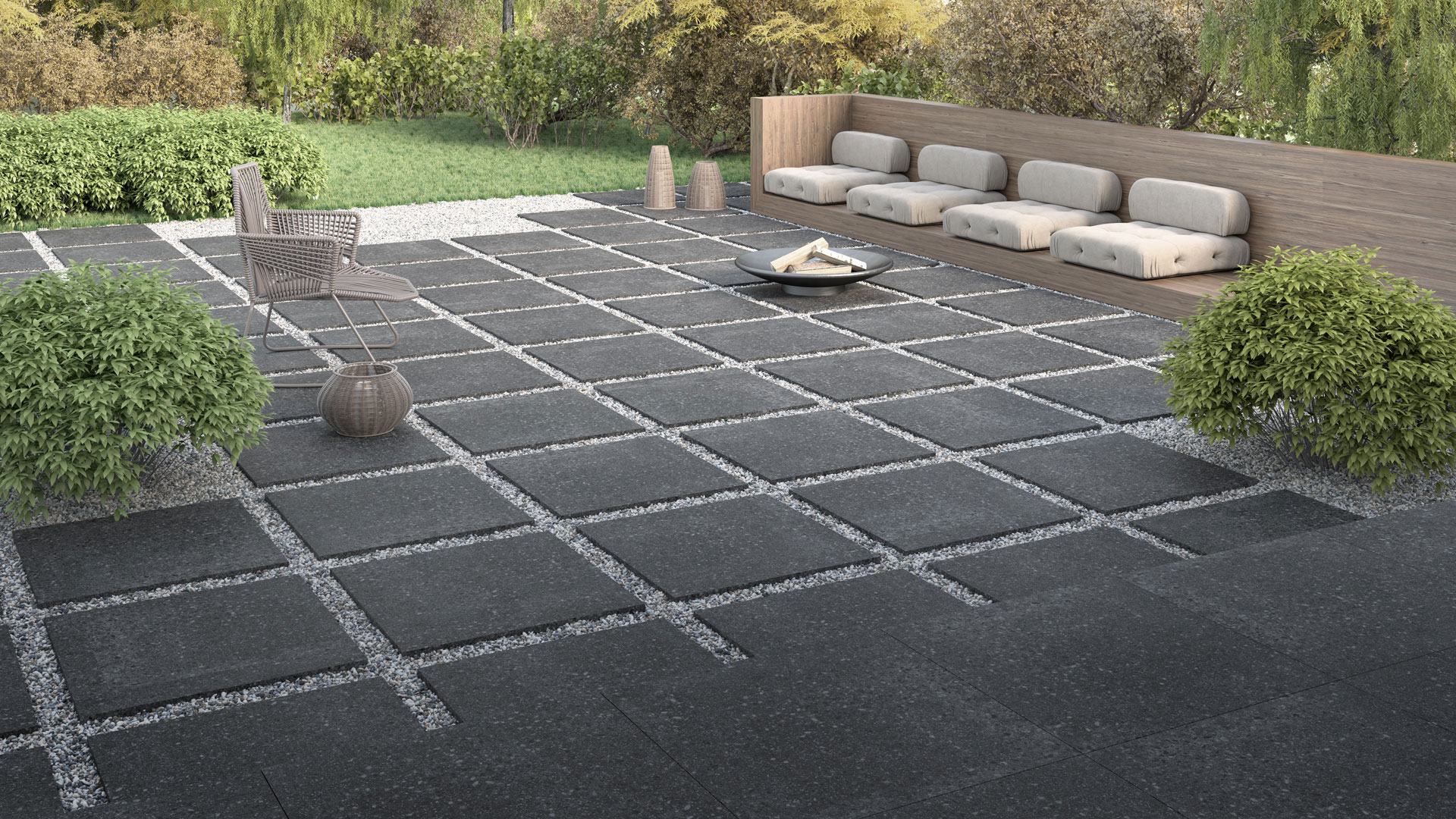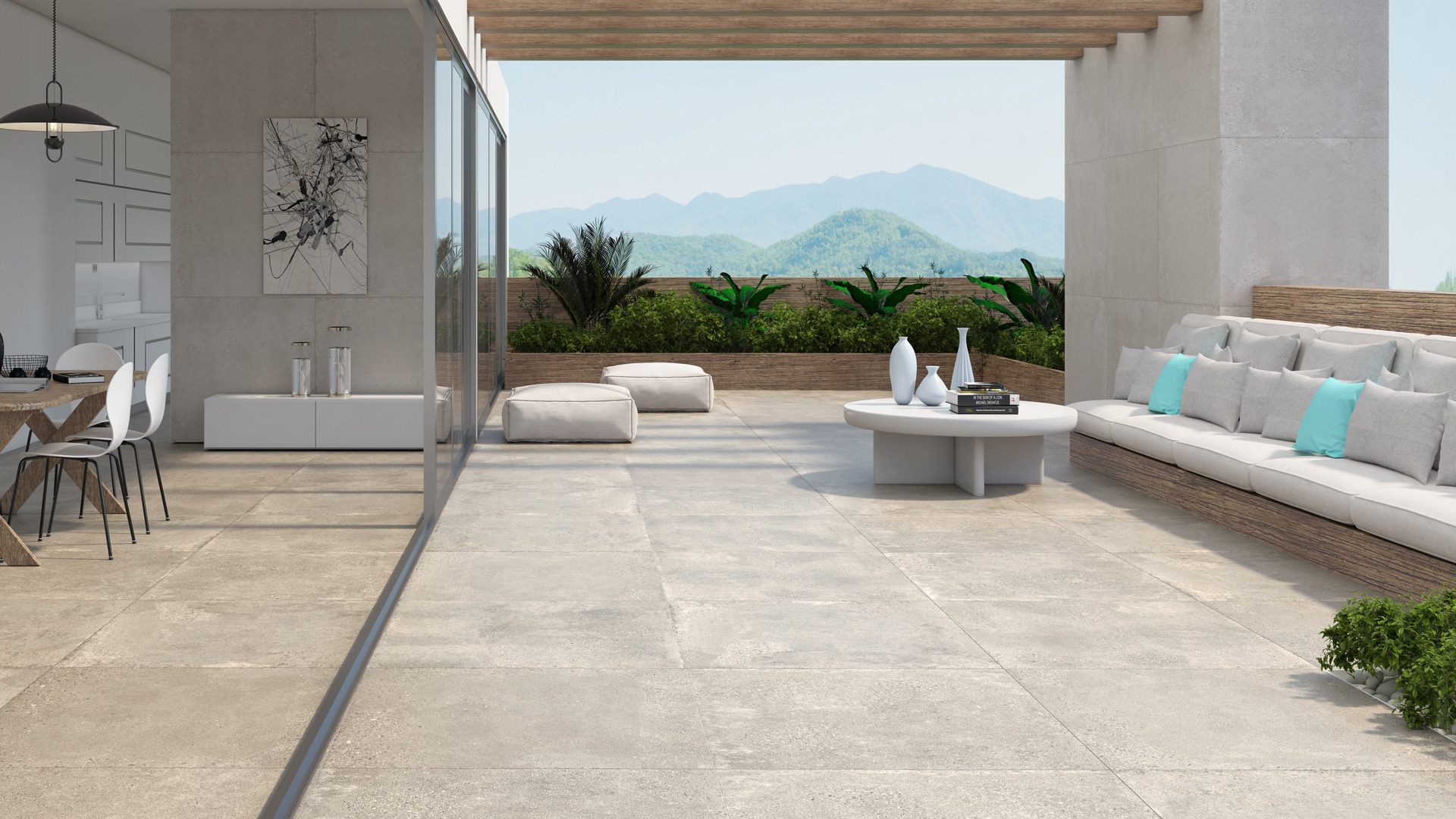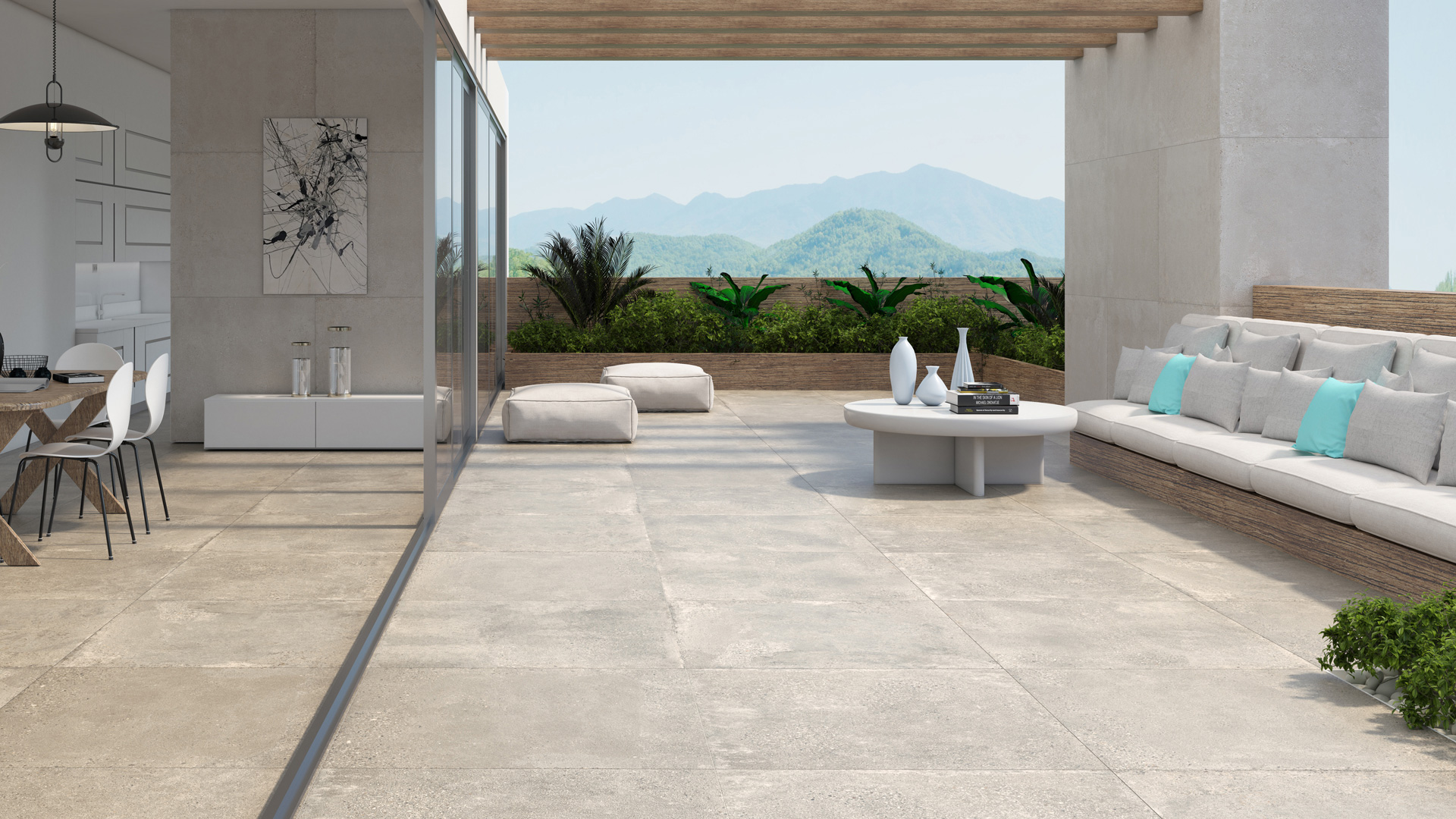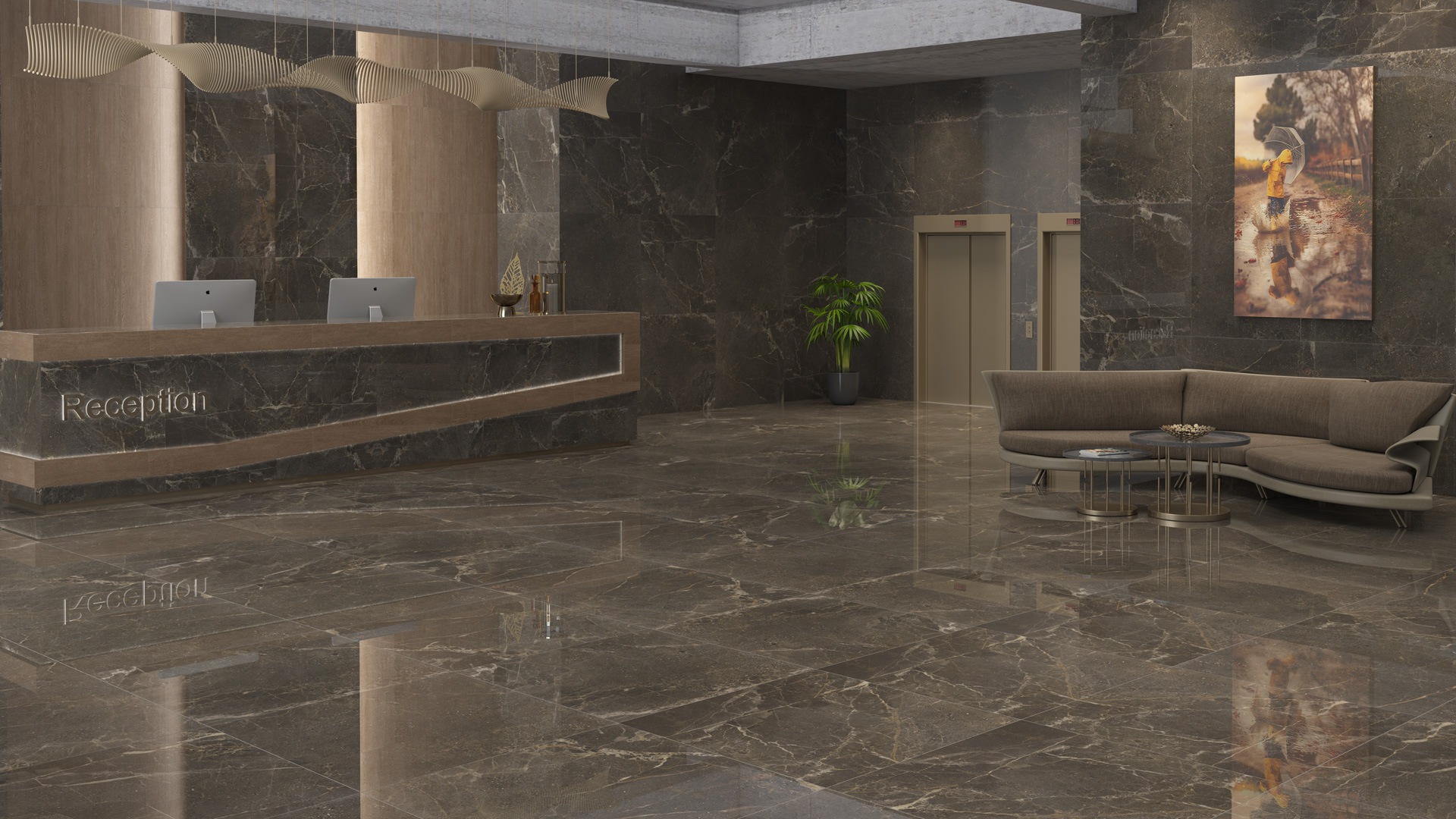What is porcelain?
Porcelain is a uniform product with a dense white color after firing, which is produced from natural materials (clay, feldspar or granite) that are formed under special conditions with high pressure and high temperature.
The importance of porcelain ceramics, also known as porcelain tiles, began exactly where resistance emerged in the product. Porcelain is much harder than traditional ceramic tiles and is usually chosen for its durability despite its higher price.
Porcelain is currently the latest technology in the ceramic industry.
Advantages of porcelain
Very high resistance to abrasion and moisture
Low water absorption up to less than 0.5% and frost resistance
High chemical resistance and stain resistance
Easy to maintain and wash
Stunning, beautiful and luxurious appearance
Suitable for busy environments
Wide variety in styles and designs
Color fastness against sunlight
Fireproof and fire and heat resistant
Disadvantages of porcelain
Difficult to install
Higher price than ceramics
Porcelain ceramics are heavy
Application of porcelain stones
Porcelain ceramic tiles can be used almost anywhere without any restrictions, including:
Residential places
Sanitary services (bath and toilet)
Stairs and counters
Exterior and interior facades
Sidewalks and yards
Offices, companies and organizations
Factories
Hospitals and health centers at all levels
Restaurants and coffee shops, hotels and accommodation
Cultural, artistic, sports and…






